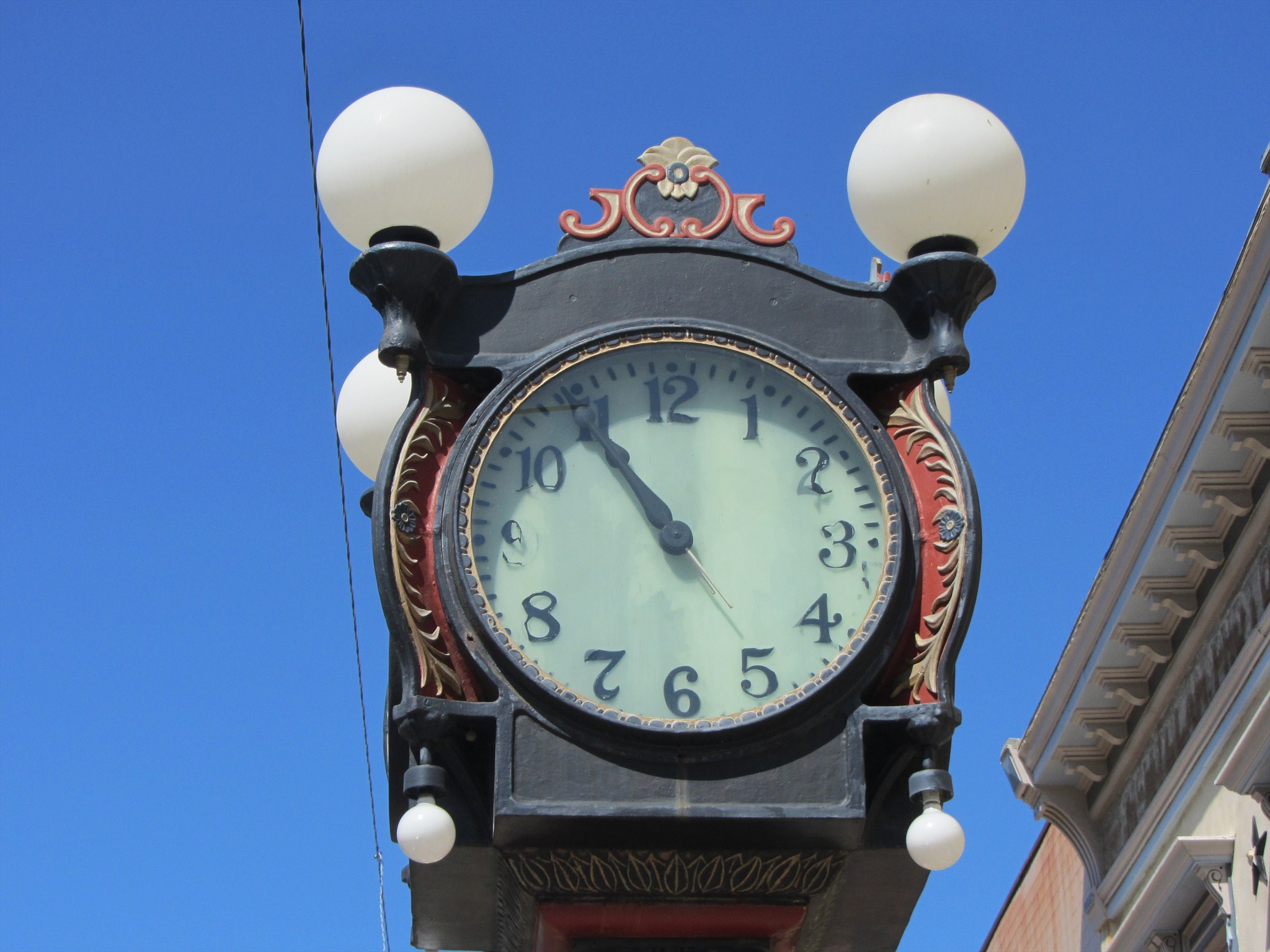
- This event has passed.
The history of the Alibi Clock in Vallejo and the K-R-C case of 1937
July 23, 2017 @ 6:30 am
Free
By Joel Schor
Legal cases against labor have been fueled by hysteria over war abroad and radicalism at home, from Tom Mooney, charged with setting off a bomb during the Preparedness Day Parade (1916), to charges against Marine Fireman’s Union members Earl King, Charles Ramsay and Frank Conner, accused of murder aboard a ship docked in Alameda in 1937.
California politicians Culbert Olson and Earl Warren presided as governor of the state during these times. Their vacillating positions in relation to fate of the accused reflect both their own ambitions and the political climate of hysteria. The Tenney Hearings in California and the House Un-American Activities Committee under Senator McCarthy were to follow the outcome of these cases into the Second World War and its aftermath.